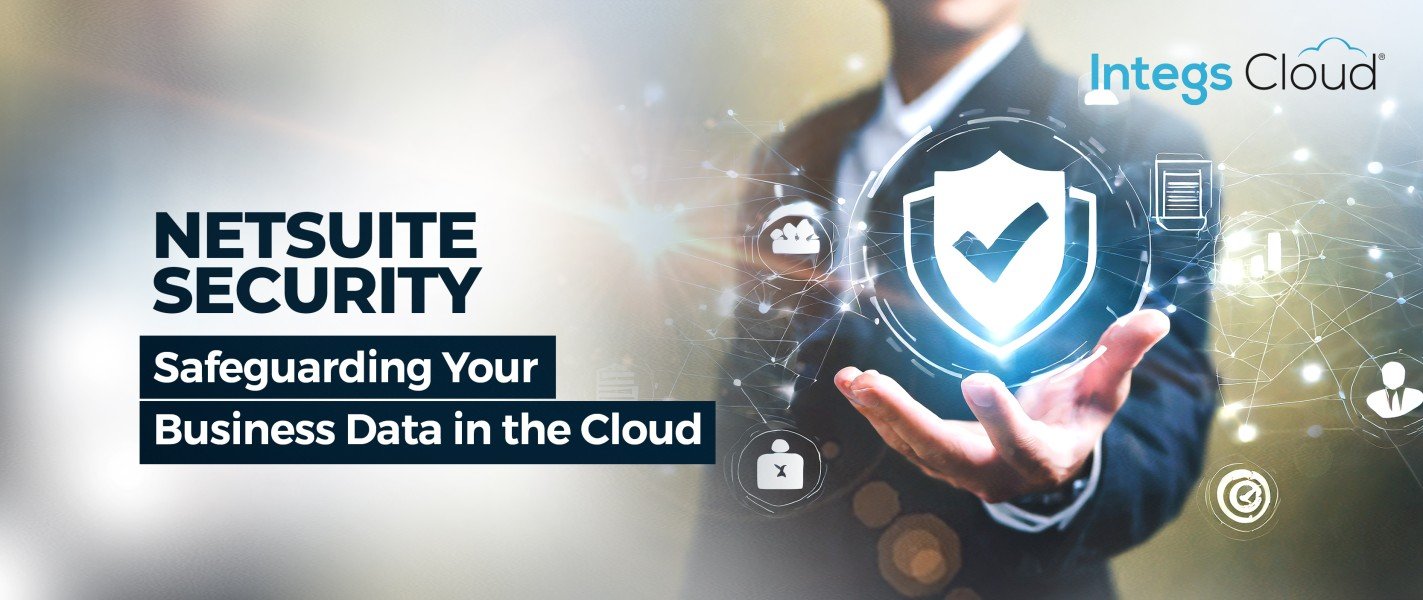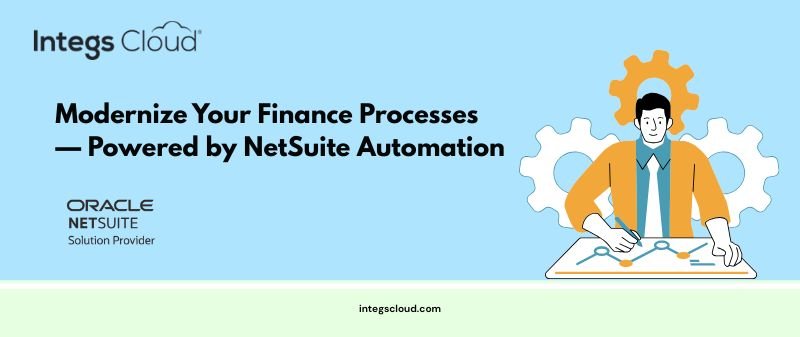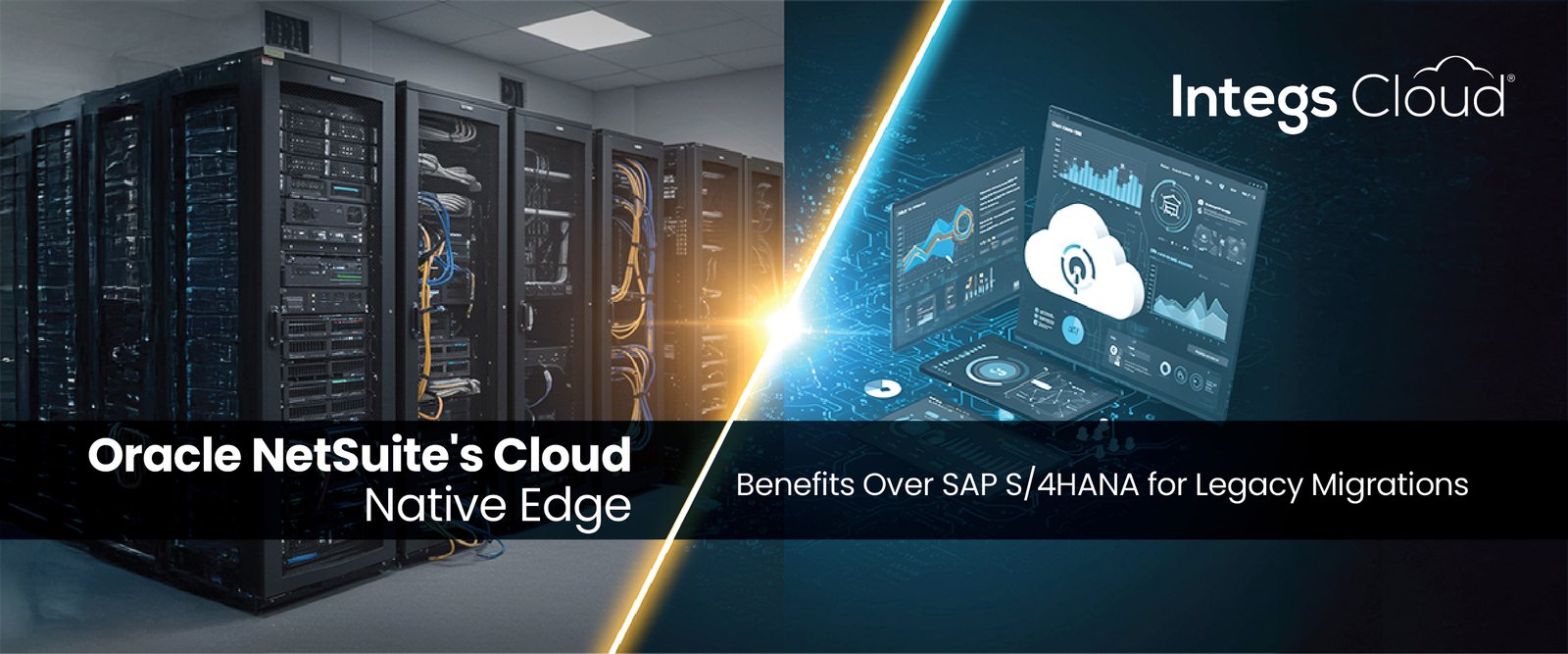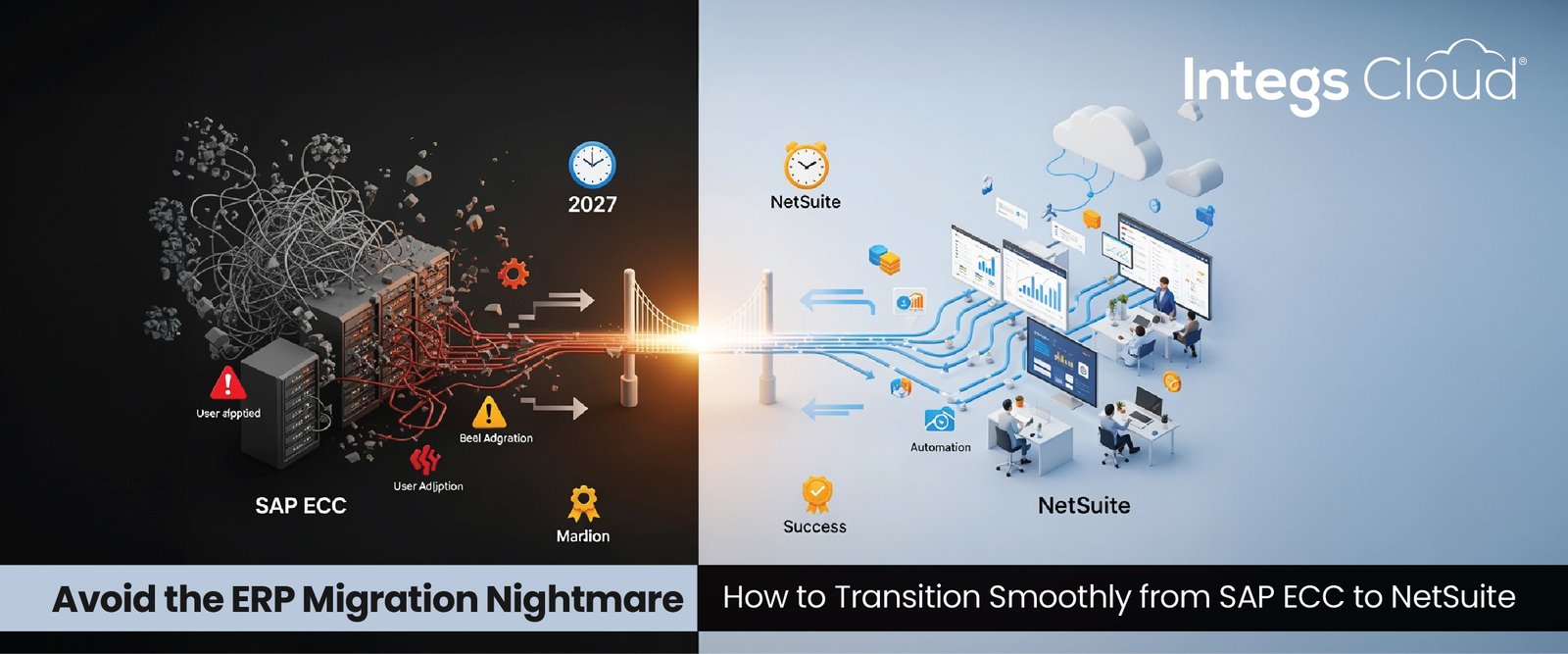Oracle NetSuite is a cloud-based ERP solution that helps businesses improve their operations and profitability. However, data security and compliance are also important challenges in the cloud. Oracle NetSuite offers a strong security framework that protects your data from various threats and risks.
Some of the Security Key Features of Oracle NetSuite are:
- Encryption: Oracle NetSuite encrypts data at rest and in transit, using AES-256 and TLS 1.2.
- Role-Based Access Control (RBAC): Oracle NetSuite lets you define user roles with specific permissions and access levels.
- Two-Factor Authentication (2FA): Oracle NetSuite requires users to provide a second verification factor, such as a code or a token, in addition to their password.
- Audit Trail: Oracle NetSuite tracks and monitors user activities, such as login attempts, data changes, and system settings.
- IP Address Restrictions: Oracle NetSuite restricts access to NetSuite by whitelisting trusted IP addresses.
- Operational Security: Oracle NetSuite uses various security measures, such as firewalls, antivirus, and vulnerability scanning, to protect its cloud infrastructure. It also has a security team that responds to security incidents 24/7.
Oracle NetSuite also complies with various industry standards and regulations, such as GDPR, PCI DSS, HIPAA, and more, depending on the industry and region of its customers. It provides tools and features to help customers meet their data privacy and compliance obligations.
Best Practices for Maintaining a Secure Oracle NetSuite Implementation
Customers also have a shared responsibility to maintain the security of their Oracle NetSuite implementation. Some of the best practices to follow are:
- Review and Update User Roles: Regularly review and update user roles to match the current business processes and organizational changes.
- Enable and Enforce 2FA: Enable and enforce 2FA for all users, especially for those with administrative or sensitive privileges.
- Monitor and Audit User Activities: Regularly monitor and audit user activities using the audit trail feature. Configure alerts to notify administrators of any security incidents.
- Encrypt Sensitive Data: Encrypt sensitive data, such as financial, personal, or health information, using NetSuite’s encryption capabilities.
- Update and Patch NetSuite: Keep your NetSuite instance up to date with the latest patches and updates, as they may contain security fixes and enhancements.
- Educate Users: Educate users on the importance of data security and compliance, and provide them with the necessary training and guidance on how to use NetSuite securely. It is a secure and reliable cloud-based ERP solution that offers a robust and comprehensive security framework to safeguard your business data.
Conclusion:
By following the best practices outlined in this article, you can further enhance the security of your Oracle NetSuite implementation, and protect your data from various threats and risks. If you are looking for a trusted and experienced Oracle NetSuite partner in India, contact Integs Cloud today. Integs Cloud is a leading provider of Oracle NetSuite services, including implementation, customization, integration, support, and training. Integs Cloud has a team of certified Oracle NetSuite experts who can help you leverage the full potential of Oracle NetSuite for your business.




